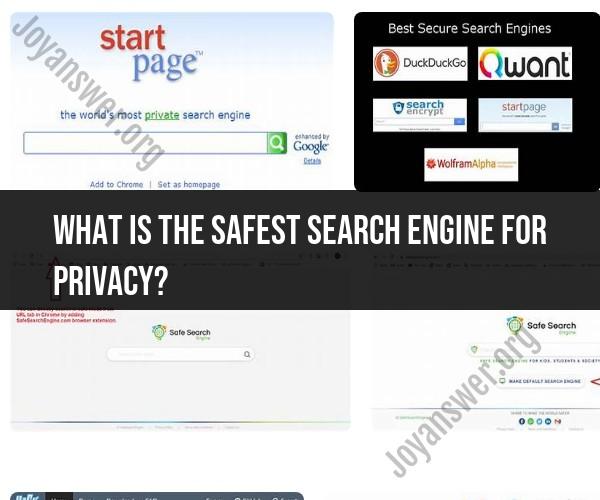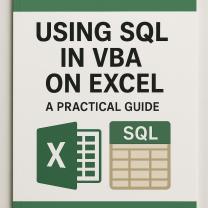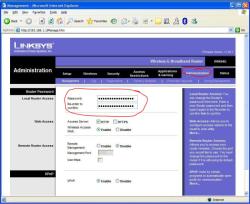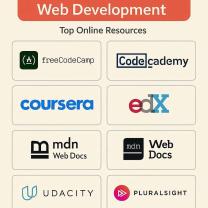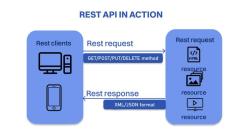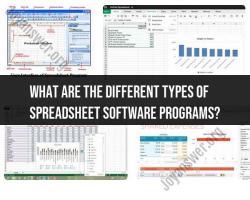What is the safest search engine for privacy?
Several search engines prioritize user privacy by not tracking your searches or collecting personal information. Some of the safest search engines for privacy protection include:
DuckDuckGo: DuckDuckGo is known for its strong privacy stance. It doesn't track your searches, doesn't create user profiles, and doesn't collect personal information. It also offers a "bang" feature that allows you to directly search on other websites.
Startpage: Startpage provides Google search results while protecting your privacy. It acts as an intermediary between you and Google, removing trackers and IP addresses from your search queries.
Qwant: Qwant is a European search engine that doesn't track your searches, and it emphasizes user privacy and data protection. It offers a private search mode and doesn't store personal information.
Searx: Searx is an open-source metasearch engine that gathers results from various search engines while protecting your privacy. You can even set up your Searx instance for added control.
MetaGer: MetaGer is a German-based search engine that anonymizes your search queries, doesn't track you, and uses encryption for added privacy.
Ecosia: Ecosia is unique among search engines in that it uses its ad revenue to plant trees. While it does use Bing search results, it anonymizes them and commits to transparency about its data usage.
Swisscows: Swisscows is a privacy-focused search engine based in Switzerland. It doesn't log your data and aims to provide secure and unbiased search results.
Mojeek: Mojeek is an independent search engine that doesn't track you and doesn't use your data to personalize results or ads.
Remember that while these search engines prioritize privacy, no search engine can guarantee complete anonymity. Your internet service provider (ISP) and other factors can still play a role in your online privacy. Additionally, the effectiveness of privacy features may evolve over time, so it's a good idea to stay informed about the latest developments and settings for privacy protection.
Privacy-focused search engines are designed to protect your online privacy by not tracking your searches, collecting your personal data, or showing you personalized ads. This is a contrast to traditional search engines like Google, which collect a lot of data about their users in order to target ads and improve their search results.
There are a number of different privacy-focused search engines available, and each one has its own unique features. Some of the most popular privacy-focused search engines include:
- DuckDuckGo: DuckDuckGo is one of the most well-known privacy-focused search engines. It does not track your searches or collect your personal data. DuckDuckGo also does not show you personalized ads.
- Startpage: Startpage is a metasearch engine that uses Google's search results, but without the tracking. Startpage also offers a number of privacy features, such as the ability to view search results anonymously and to delete your search history automatically.
- Brave Search: Brave Search is a new privacy-focused search engine from the makers of the Brave browser. Brave Search does not track your searches or collect your personal data. It also does not show you personalized ads.
- searX: searX is a self-hosted metasearch engine that allows you to search multiple search engines without your searches being tracked. searX is a good option for users who want more control over their privacy.
In addition to these popular search engines, there are a number of other privacy-focused search engines available, such as Qwant, Swisscows, and MetaGer.
When choosing a privacy-focused search engine, it is important to consider your individual needs and preferences. Some factors to consider include:
- Accuracy: How accurate are the search results?
- Features: What features does the search engine offer, such as the ability to filter results by region or language?
- Privacy: How well does the search engine protect your privacy?
- Usability: How easy is the search engine to use?
You may also want to consider trying out a few different privacy-focused search engines to see which one you like best.
Here are some tips for using privacy-focused search engines:
- Use a private browser window. This will help to prevent your search history from being tracked.
- Clear your cookies and cache regularly. This will help to remove any tracking cookies that may have been stored on your computer.
- Use a VPN. A VPN will encrypt your traffic and hide your IP address, making it more difficult for trackers to follow you.
By following these tips, you can help to protect your privacy when using privacy-focused search engines.
